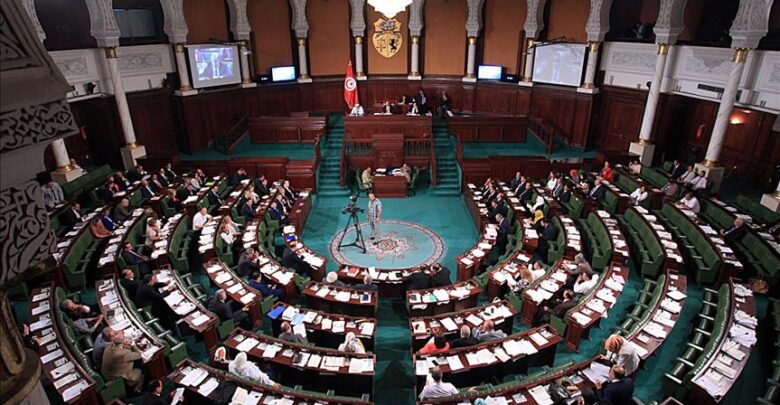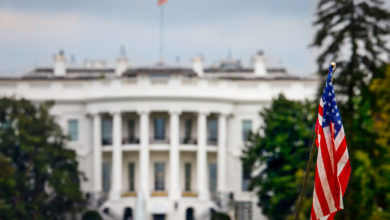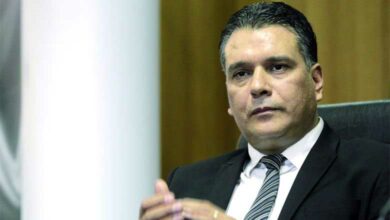North AfricaTunisiaWorld
Tunisia Parliament Approves New Coalition Government After 14 Long Hours Of Discussion

Tunisia’s parliament on Thursday approved a new coalition government in a confidence vote, putting an end to more than four months of political drama since elections, reported Reuters.
After a long debate of more than 14 hours, members of the parliament voted 129 to 77 in favor of Prime Minister Elyes Fakhfakh’s proposed cabinet that included Imed Hazgui as defense minister, Nizar Yaich as finance minister, and Nourredine Erray as foreign minister.
Among the other proposed ministers in his cabinet are Mongi Marzouk as energy minister, Mohamed Ali Toumi as tourism minister and Thouraya Jribi as justice minister.
Ennahdha had given its support to the new cabinet after being handed six portfolios. The cabinet also includes members of Tahya Tounes, Achaab, Attayar, and El Badil parties, as well as independents. But, despite winning the confidence vote, the new coalition government may prove fragile after struggling to reconcile differences over policy and cabinet positions.
Tunisia’s last election, held in October, resulted in a deeply fragmented house in which no party won more than a quarter of the seats. Ennahada won the most seats in October’s legislative election but fell far short of a majority in the 217-seat assembly.
President Kais Saied announced Fakhfakh as the designated prime minister and asked him to form the government after Ennahda’s candidate Habib al-Jamali failed to win parliament’s confidence for his cabinet lineup.
The cabinet ministers will be sworn in at a ceremony to be held later on Thursday at the Presidential Palace. Fakhfakh will become the eighth Prime Minister in Tunisia since the 2011 revolution ousted President Zine El Abidine Ben Ali.
Fakhfakh claims his government’s priorities would be to tackle widespread corruption and reform public services and the state phosphate producer.
The new government will have to face major economic challenges after years of low growth, high inflation, persistent unemployment, huge government deficits, and mounting debt.






